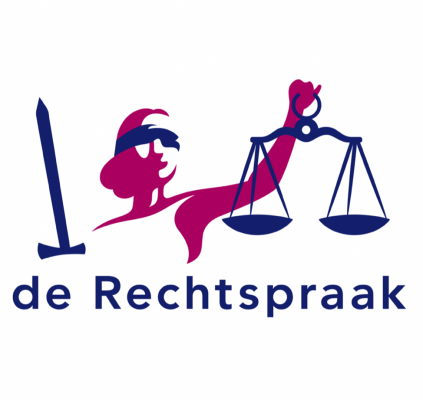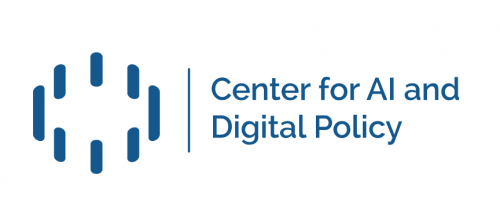At a virtual meeting of G7 leaders this week, US President Joe Biden called for “rules that will govern the advance of technology and the norms of behavior in cyberspace, artificial intelligence, and biotechnology,” that will “lift people up” and not pin them down. Biden also urged the G7 nations to stand up for democratic values. ”The G7 Leaders Statement, presented at an event hosted at the Munich Security Conference, further emphasized democratic values as the countries meet to counter the pandemic and to build back better.
In recent years, the G7 (and also the G20) has been a launchpad for new AI initiatives. At the 2018 G7 Summit in Quebec, Canadian Prime Minister Justin Trudeau and French President Emmanuel Macron proposed a joint international initiative for ethical AI that became the Global Partnership on AI . GPAI’s 15 founding members are Australia, Canada, France, Germany, India, Italy, Japan, Mexico, New Zealand, the Republic of Korea, Singapore, Slovenia, the United Kingdom, the United States and the European Union. They were joined by Brazil, the Netherlands, Poland and Spain in December 2020.
Also, speaking to the G20 nations in Osaka in 2019, German Chancellor Angela Merkel called for comprehensive regulation for artificial intelligence. “It will be the job of the next Commission to deliver something so that we have regulation similar to the General Data Protection Regulation that makes it clear that artificial intelligence serves humanity,” Chancellor Merkel said. Following the G20, but prior to the pandemic, incoming European Commission President Ursula von der Leyen wrote that “In my first 100 days in office, I will put forward legislation for a coordinated European approach on the human and ethical implications of artificial intelligence.” President von der Leyen later proposed a Transatlantic Agreement on AI at an event hosted by the Michael Dukakis Institute in December 2020. And at the Munich Security Conference, von der Leyen again emphasized a “digital economy rulebook” that is “valid worldwide. A set of rules based on our values: human rights and pluralism, inclusion and the protection of privacy.”
This year, the G7 Leaders Summit takes place in the UK in June 2021. The G20 Summit takes place in Rome in October 2021. The Michael Dukakis Institute has previously advised the G7 leaders about emerging technology policy issues, including cybersecurity and artificial intelligence. Also, the CAIDP report Artificial Intelligence and Democratic Values proposed that implementation of the G20 AI Principles (which are based on the OECD AI Principles) should be one of the twelve metrics to measure progress toward trustworthy and human-centric AI. Additional metrics in the CAIDP report include compliance with international human rights standards, opportunities for public participation in AI policymaking, and algorithmic transparency.
In related news, this week the US National Security Commission on AI released a draft final report. An earlier assessment from the CAIDP, CAIDP Update 1.14 (Oct. 12, 2020), raised concerns about the absence of public participation in the work of the US AI Commission. A more complete assessment from CAIDP will be published soon.
Marc Rotenberg, Director
Center for AI and Digital Policy at the Michael Dukakis Institute
The Center for AI and Digital Policy, founded in 2020, advises governments on technology policy.











